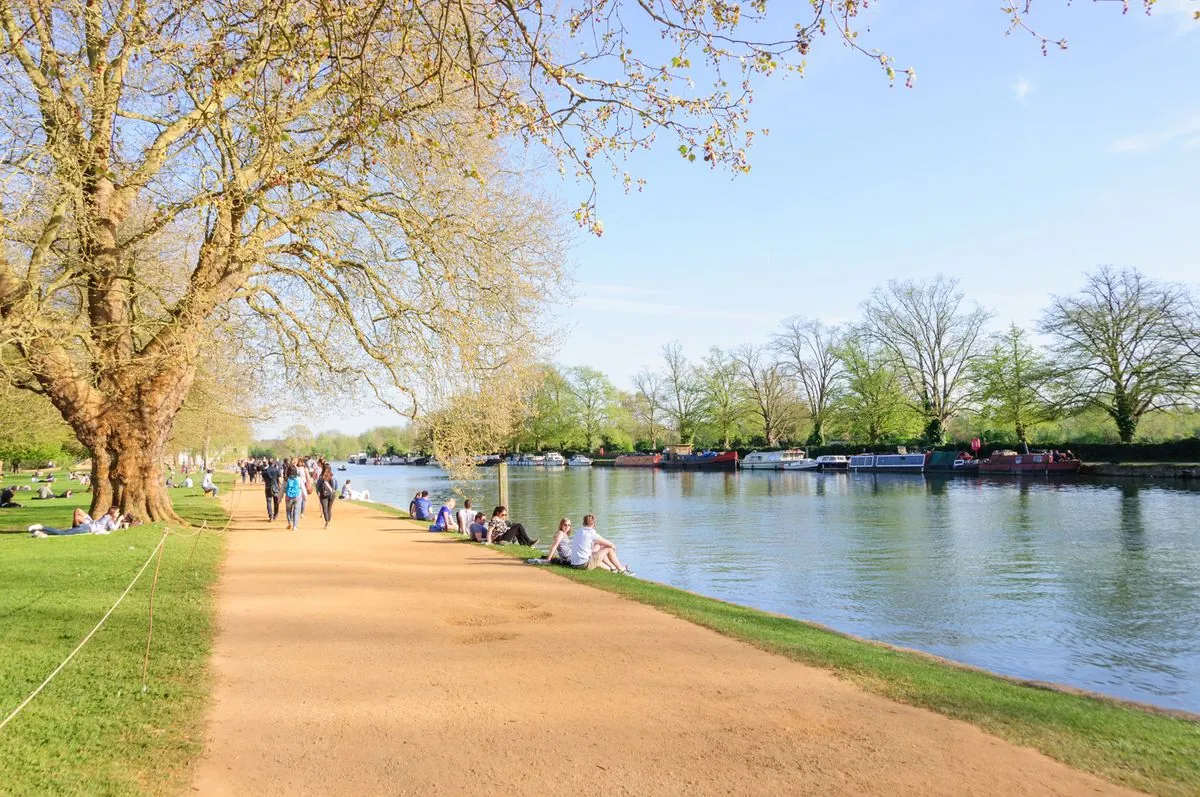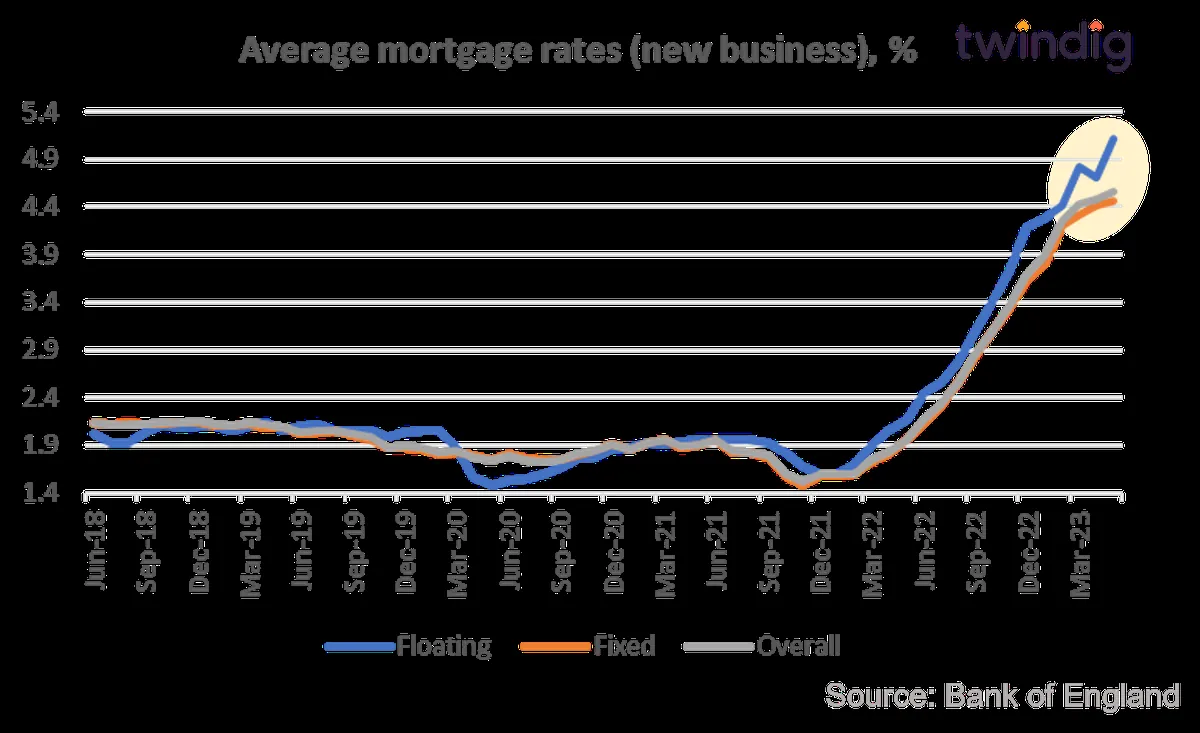Cambridge tragedy leads to warning about dangerous student peer pressure
A coroner raises red flags about student self-policing at British universities after a tragic incident at Cambridge. His report points to growing issues with peer exclusion in campus communities

Earlier this year a troubling event at Cambridge exposed serious problems in student communities. Alexander Rogers‚ a bright 20-year-old materials science student at Corpus Christi College took his life after peers cut him off due to a complicated situation with another student
The incident happened near Donnington Bridge (where emergency teams found him in the Thames) just this past January; it shows how peer judgement can have devastating effects. His friends response to a sensitive situation – telling him they needed space and would check on him in weeks time – led to his isolation
The area coroner Nicholas Graham has made some eye-opening findings: students are creating their own justice system without proper rules or evidence. The coroner sent a special notice to education officials pointing out how this self-made discipline approach is getting more common at UK schools; its becoming a real problem that needs quick fixing
The college did a deep-dive review that found some not-so-great stuff about how students treat each other. Here are the main issues they spotted:
- Quick judgements without full facts
- Group shunning of accused people
- Pile-on behaviors against individuals
- No clear way back into social groups
The Department for Education isnt sitting quiet – theyʼve told the Office for Students to put £15-million into better mental health support this year. Cambridge says its already working on fixes: “Weʼve started a special group to make changes based on what we learned‚“ a uni rep explained
The coroner thinks this isnt just a one-school issue – its happening all over Britainʼs universities. He wrote that “social rejection has become normal in student groups; they see it as the right way to deal with certain claims or actions‚“ which makes it hard to build good support networks





























